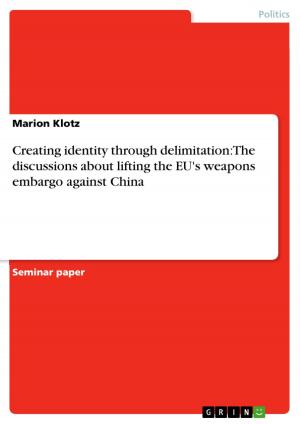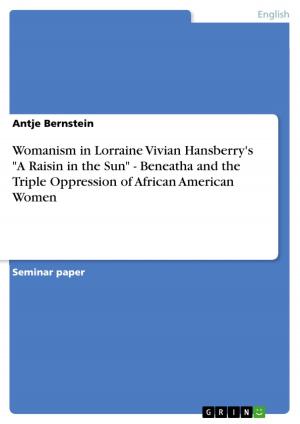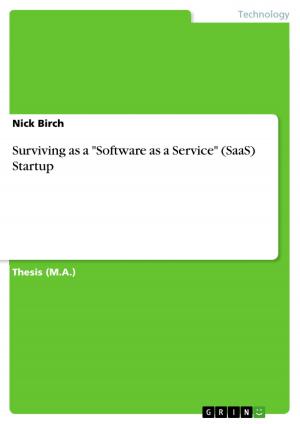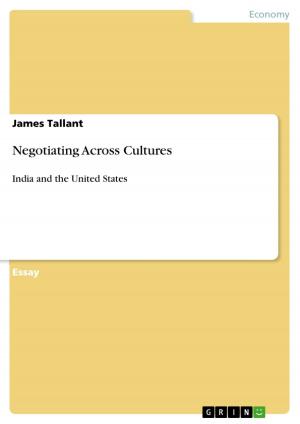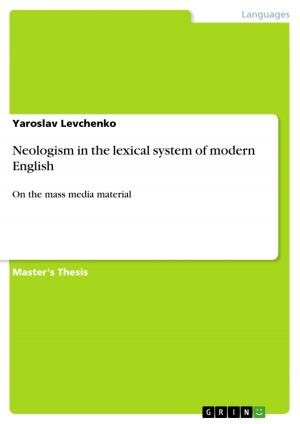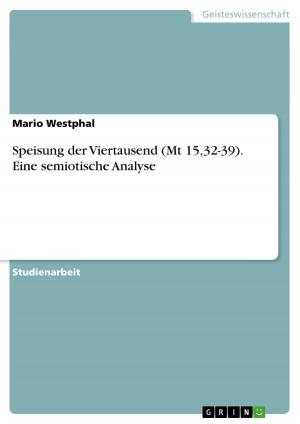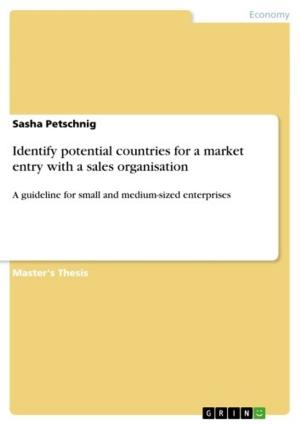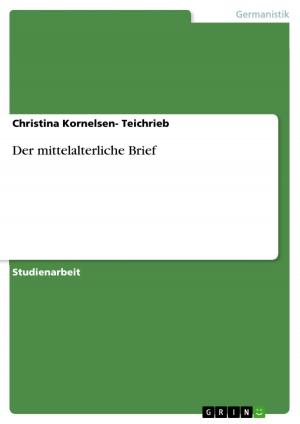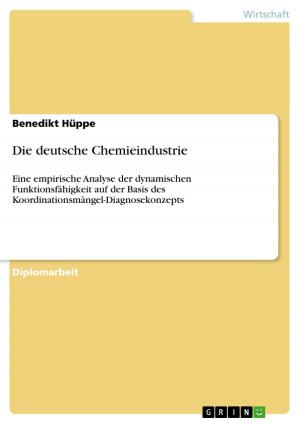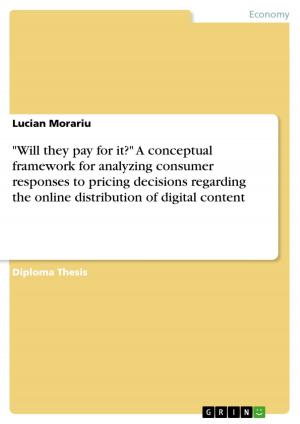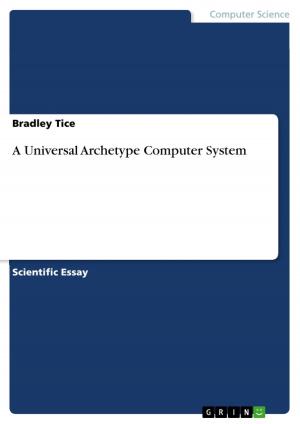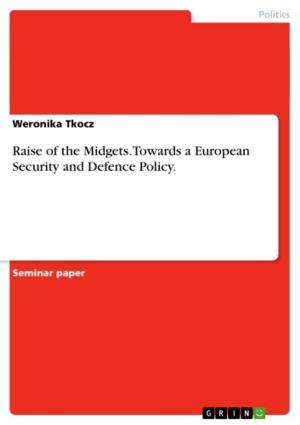The Doha Round - Ambitious Aims, Enduring Impasse
Ambitious Aims, Enduring Impasse
Nonfiction, Social & Cultural Studies, Political Science, International, International Relations| Author: | Lukas Geise | ISBN: | 9783638057530 |
| Publisher: | GRIN Publishing | Publication: | June 3, 2008 |
| Imprint: | GRIN Publishing | Language: | English |
| Author: | Lukas Geise |
| ISBN: | 9783638057530 |
| Publisher: | GRIN Publishing |
| Publication: | June 3, 2008 |
| Imprint: | GRIN Publishing |
| Language: | English |
Seminar paper from the year 2007 in the subject Politics - International Politics - Topic: International Organisations, grade: 22 out of 25 points, 88%, Concordia University Montreal (University of Ottawa: Telfer School of Management), 13 entries in the bibliography, language: English, abstract: During the Fourth Ministerial Conference of the World Trade Organization, which took place from November 9th to 14th, 2001 in Doha, Qatar, a new round of WTO trade talks was initiated and became known as the Doha Round. Against the background of the September 11th terrorist attacks that had just occurred, a powerful message of stability and prosperity to the international community was to be delivered (Cho, 2007). Therefore, the aim was to boost growth, alleviate poverty, deliver more relevant trade rules and thus help to establish a more stable and certain foundation for today's dynamic global marketplace (Lamy, 2007). The round was set to be concluded by December 2006 but to date, the parties involved have still not been able to reach a consensus on a large proportion of the issues that were planned to be resolved. The goal of this paper is to evaluate the aims of the Doha Round under the aspect of their feasibility, and then, to discuss the reasons for the enduring impasse of the negotiations.
Seminar paper from the year 2007 in the subject Politics - International Politics - Topic: International Organisations, grade: 22 out of 25 points, 88%, Concordia University Montreal (University of Ottawa: Telfer School of Management), 13 entries in the bibliography, language: English, abstract: During the Fourth Ministerial Conference of the World Trade Organization, which took place from November 9th to 14th, 2001 in Doha, Qatar, a new round of WTO trade talks was initiated and became known as the Doha Round. Against the background of the September 11th terrorist attacks that had just occurred, a powerful message of stability and prosperity to the international community was to be delivered (Cho, 2007). Therefore, the aim was to boost growth, alleviate poverty, deliver more relevant trade rules and thus help to establish a more stable and certain foundation for today's dynamic global marketplace (Lamy, 2007). The round was set to be concluded by December 2006 but to date, the parties involved have still not been able to reach a consensus on a large proportion of the issues that were planned to be resolved. The goal of this paper is to evaluate the aims of the Doha Round under the aspect of their feasibility, and then, to discuss the reasons for the enduring impasse of the negotiations.

